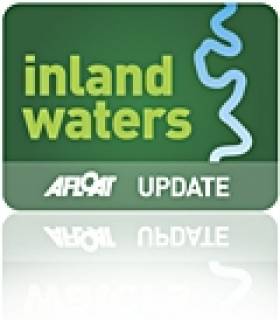Displaying items by tag: Kiltha River
Concern Over Fish Kill on Co Cork River
#INLAND WATERWAYS - Fisheries environmental officers at Inland Fisheries Ireland received reports of a fish kill in the Kiltha River in Castlemartyr, Co Cork from anglers late on Saturday 11 August last.
The investigation which initiated early the following morning revealed that many thousands of brown trout fry, parr and adults, salmon fry and parr, brook lamprey, stickleback and stone loach were killed.
The fish kill affected a 5.5km section of the Kiltha River from Mogeely downstream to its confluence with the Dower River.
The Kiltha River is an important salmonid spawning and nursery tributary of the Womanagh River which flows east into the sea at Youghal Harbour. This fish kill is particularly disappointing as the Womanagh River, which is currently closed to salmon angling, had been responding well to management and has seen its fish populations increase over the past several years.
The effects of the pollutant which entered the river were quick-acting, indicating that the pollutant was of a toxic nature.
Inland Fisheries Ireland is awaiting test results of water samples to determine the nature of the pollutant. While this analysis is taking place IFI’s investigation into the cause of the kill is continuing with several potential sources being examined.
The news comes just weeks after reports of fish mortalities along a 9km stretch of the River Vartry in Co Wicklow.
Members of the public are reminded that Inland Fisheries Ireland operates a confidential 24 hour hotline and suspected illegal fishing or pollution can be reported to 1890 347 424 or for easier recall 1890 FISH 24.





























































